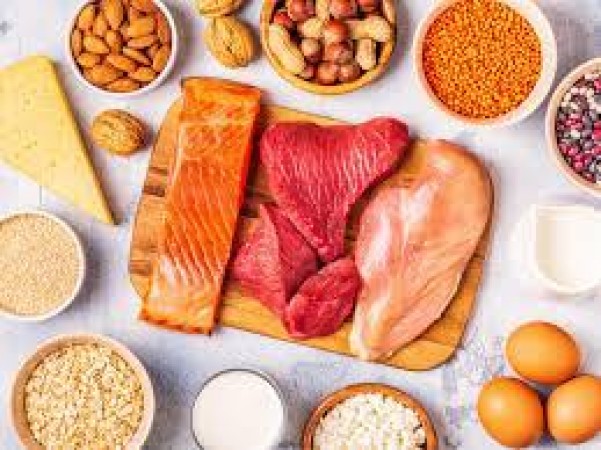
In today's fast-paced world, maintaining a healthy diet can be a challenge. With so many conflicting messages about what to eat and what to avoid, it's easy to feel overwhelmed. One nutrient that often gets overlooked is protein. While many people associate protein with building muscle, its importance extends far beyond just that. In fact, not getting enough protein in your diet can have serious consequences for your health.
Protein is one of the three macronutrients essential for human health, alongside carbohydrates and fats. It plays a crucial role in nearly every aspect of our body's functioning, from building and repairing tissues to producing enzymes and hormones. Without an adequate intake of protein, our bodies simply cannot function optimally.
Muscle Loss: One of the most immediate consequences of not getting enough protein is muscle loss. Since protein is essential for muscle repair and growth, inadequate intake can lead to a decrease in muscle mass and strength over time.
Weakened Immune System: Protein is also vital for a strong immune system. Without enough protein, your body may struggle to produce antibodies and other immune factors, making you more susceptible to infections and illnesses.
Impaired Wound Healing: Protein plays a critical role in the healing process. Without an adequate supply of protein, wounds may take longer to heal, increasing the risk of infection and complications.
Poor Hair, Skin, and Nail Health: Protein is the building block of hair, skin, and nails. Without enough of it, you may notice brittle hair, dull skin, and weak nails.
Increased Risk of Chronic Diseases: Research has linked low protein intake to an increased risk of chronic diseases such as heart disease, diabetes, and osteoporosis. Without enough protein, your body may struggle to maintain healthy blood sugar levels, regulate blood pressure, and keep your bones strong.
While protein is essential for good health, it's essential to balance your intake with other nutrients, including fats. Many people worry about consuming too much fat, fearing it will lead to weight gain and health problems. However, not all fats are created equal, and some are actually beneficial for health.
When it comes to protein, quality matters just as much as quantity. Instead of relying on processed meats and high-fat animal products, focus on incorporating lean protein sources into your diet. Some excellent options include:
In conclusion, protein is a vital nutrient that plays a crucial role in nearly every aspect of our health. Not getting enough protein can have serious consequences, including muscle loss, weakened immune function, and an increased risk of chronic diseases. While it's essential to balance your protein intake with other nutrients, such as fats, choosing healthy protein sources can help you maintain optimal health in the long run.
If you want to look stylish in office, then definitely carry these 5 types of accessories
These hairstyles of Deepika will be perfect from office to party
If you have such stylish sleeves on your suit, you will get a perfect look